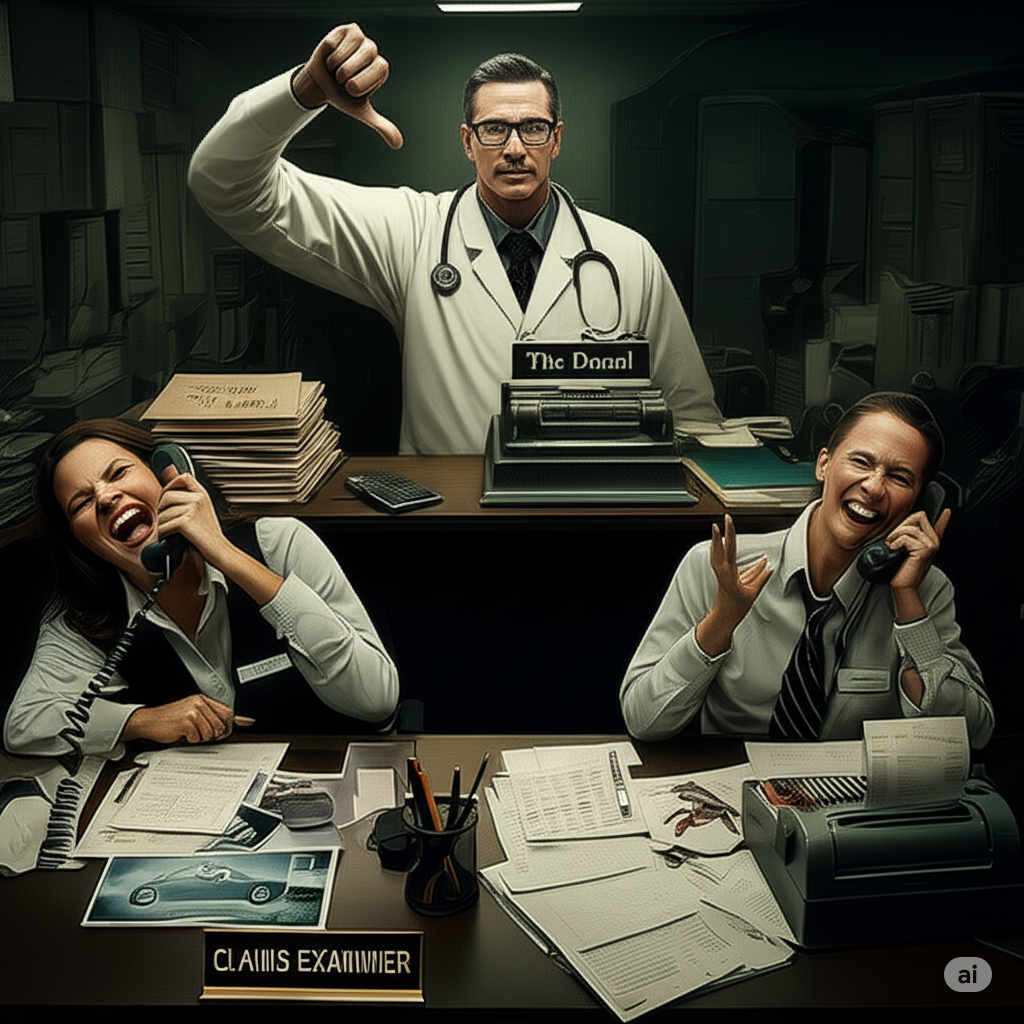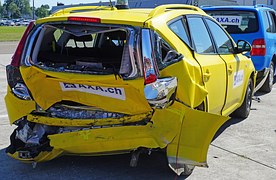What is A Diminished Value Claim? Is My Car Worth Less Because It Has Been Wrecked?

As my personal injury clients sometimes ask, in addition to their medical bills, pain and suffering and the cost of repair of their vehicle, if they can recover for the diminished value of their car? Happily, in an appropriate case, I get to answer that question affirmatively.
In Baltimore, it is possible to file a diminished value claim.
What is A Diminished Value Claim? The Insurance Information Institute defines as diminished value as “[t]he idea that a vehicle loses value after it has been damaged in an accident and repaired.” The argument is that, in the future, you decide to sell that previously wrecked car, but can’t get what you believe fair market value because the car has been “wrecked and repaired”. Is My Car Worth Less Because It Has Been Wrecked? Practically -YES. If additionally supported by a professional, you may be able to recoup that difference.

That’s Diminution in Value / Diminished Value. Of course it makes sense that the purchaser of a used car wants one that hasn’t been wrecked, but are there any objective reasons supporting the concept? A variety of reasons are typically offered for why diminution in value occurs: every car loses value after being wrecked and repaired; the insurance company approved body shop used inferior parts, or, uses improper repair techniques. [Diminished Value, Harry Hitzeman, Insure.com 2010.] Imagine a scenario where someone else hit you, and they-or their insurance company- is responsible for the loss. This is typically referred to a “third-party” claim – you make it against someone else’s insurance company.
Diminished Value In Baltimore Personal Injury Claims: The Law
What is A Diminished Value Claim? Is My Car Worth Less Because It Has Been Wrecked? Reduced to its most basic: should that insurance company pay for the loss in value due to the wreck, at the time of the repairs, as part to the claim? In many states, the answer is “NO”. However, An experienced Baltimore personal injury lawyer will tell you the answer in Maryland is “YES”
“[I]f the plaintiff can prove that after repairs his vehicle has a diminished market value from being injured, then he can recover in addition to the cost of repairs the diminution in market value, provided the two together do not exceed the diminution in value prior to the repairs.” Fred Frederick Motors, Inc. v. Krause, 12 Md.App. 62, 277 A.2d 464 (Md. App., 1971)
The last clause in the quote is significant. Every car sustains ‘diminution in value’ as it ages. One cannot recover this lessened value simply because there was an accident. The measure of damage is rather, what would that car, considering it’s age and any other defects, fetch on the open market the day before the accident, contrasted with the market value the day after the repairs.
Of course, careful documentation is vital, and an appraisal from a professional to prove the loss in value might be necessary. Typically these appraisals run in the neighborhood of $400.00. In some instances, it may be a cost-benefit analysis for the injury victim looking to recoup some lost value. Is it worthwhile to spend $400 in appraisal fees, and more in attorney’s fees, to collect an additional $1,000 in diminished value? LIkely, it is not. That thought process is likely much different if the diminished value is $5,000.
What if there is no other insurance company? Say for example, you crash your car into a tree. Your insurance company agrees to pay for the repairs. This is typically referred to a “first-party” claim – you make it against your insurance company. The question becomes, in that scenario, should your insurance company make good on my loss. i.e. pay for this diminished value. In most states, the answer is again “No”. Id. However, if your vehicle is insured in Maryland, coverage for diminished value may be available under your policy. Be sure to mention it to your adjuster and get something in writing from them if they tell you such coverage is not available.
Q: What is a vehicle diminution in value claim?
A: A vehicle diminution in value (DIV) claim seeks compensation for the loss in a car’s market value after it has been repaired following an accident. Even if repairs are done correctly, the car may be worth less because of its accident history.
Q: When should I file a diminished value claim?
A: You should file as soon as possible after the accident and repairs. Although Maryland generally allows three years to file a property damage claim, early notice strengthens your case and makes it easier to gather evidence.
Q: Do I need a professional appraisal to support my claim?
A: Yes. A certified appraiser or vehicle damage expert can provide a written report showing how much value your car lost after repairs. This report is essential for proving your claim to the insurance company.
Q: What types of vehicles are most likely to qualify for diminished value compensation?
A: Vehicles that are newer, have higher market value, or have suffered significant repairs (especially structural or frame damage) are more likely to qualify for diminished value compensation.
Q: Should I accept the first diminished value offer from the insurance company?
A: Not without reviewing it. Insurance companies may offer low settlements that don’t reflect the actual value loss. Compare the offer to your appraiser’s findings before accepting anything.
Q: How does an accident affect my car’s resale value?
A: Even after repairs, an accident history appears in vehicle reports (like Carfax), which may lead to a lower trade-in or resale value. That’s why filing a diminished value claim can be important.
Q: What evidence should I include with a diminished value claim?
A: Include the professional appraisal, repair records, vehicle history, photos, and any documentation that shows the car’s pre- and post-accident condition. The more detailed your submission, the stronger your claim.
Q: What are some common mistakes in filing a diminished value claim?
A: Waiting too long to file, failing to get a professional appraisal, assuming your own insurer will pay, and accepting a lowball settlement are common pitfalls. Working with a Baltimore personal injury or property damage attorney may help avoid these issues.



